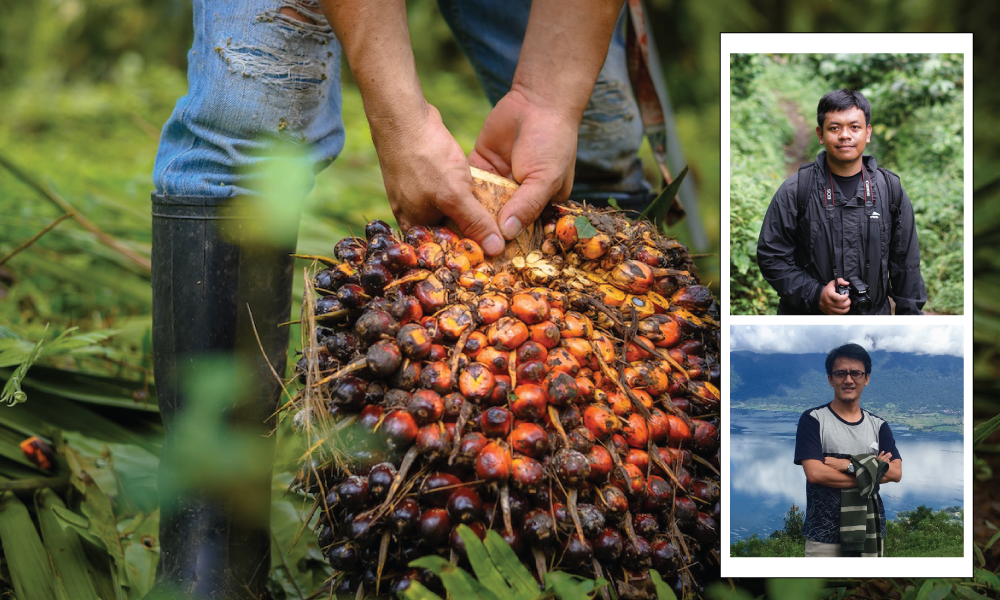While the some definition has a broader definition about trees that includes woody perennials like palms, allowing bamboo and palm groups to slip in, this oversimplification undermines the ecological and functional differences between forest trees and oil palms. Forest trees form diverse ecosystems, whereas oil palm plantations, dominated by monocultures, fail to support the same biodiversity, carbon storage, or ecosystem services. Equating the two is both scientifically flawed and ecologically misleading.
Defining a term is essential in establishing the foundation of science, which ultimately shapes policy decisions. Simplifying definitions too much can lead to endless debates, resulting in flawed policies and long-term ecological risks. The botanical definition of a tree is clear and precise, but any deviation from this definition could undermine scientific integrity and lead to dangerous misinterpretations.
Indonesia has a poor track record when it comes to deforestation. According to Global Forest Watch, the country lost 27.7 million hectares of tree cover between 2001 and 2022, a 17.3% reduction since 2000. Oil palm expansion, logging, and mining are the primary drivers. After a declining trend in palm oil-driven deforestation, Mongabay reported an alarming resurgence in 2023, raising fears of further forest loss.



